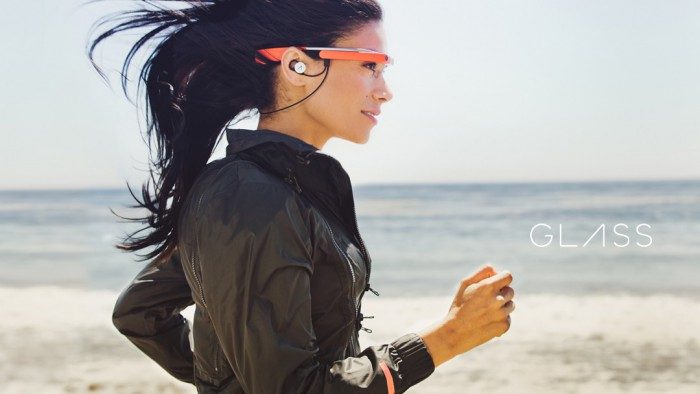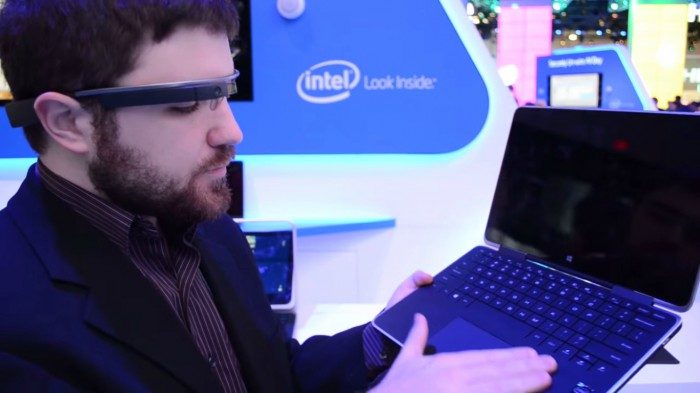 Google has recently announced the discontinuation (or as they put it, “graduation”) of its beta phase wearable, Google Glass. As Glass 2 is teased by its (now dedicated) team, Google’s investment in secretive ‘cinematic reality’ company, Magic Leap, has us scratching our heads at what may come next.
Google has recently announced the discontinuation (or as they put it, “graduation”) of its beta phase wearable, Google Glass. As Glass 2 is teased by its (now dedicated) team, Google’s investment in secretive ‘cinematic reality’ company, Magic Leap, has us scratching our heads at what may come next.
The news came on Thursday in a heartfelt letter written to its ‘Explorers’, what Google calls the beta testers of the ground breaking head-mounted display.

The device was originally developed by Google[x], the company’s madcap skunk works lab which is best known for their self-driving car and other pieces of forward-thinking tech like contact lenses that monitor blood sugar levels. But with the idea of wearable displays becoming more common place, and more companies joining in the race to deliver approachable augmented reality devices—the type that won’t get you unceremoniously tossed out of a McDonald’s—Google has decided to normalize its relationship with the burgeoning technology and dedicate its own team to the development and production of future wearable displays.
A recent update to Glass’ Google+ page reads: “As we look to the road ahead, we realize that we’ve outgrown the lab and so we’re officially “graduating” from Google[x] to be our own team here at Google. We’re thrilled to be moving even more from concept to reality.”

Google will stop taking orders for their Glass ‘Explorer Edition’ on January 19th—only 4 days after the initial announcement of its discontinuation—and we can bet they’ll also be pulling support for the device soon afterwards.
However Google’s recent investment in Magic Leap, a self-described ‘cinematic reality’ company, has us speculating on the possibilities for future versions of Glass, which due to the move from Google[x] will most certainly see larger funding and a closer focus on getting any future devices out to mainstream consumers.
If any of the fantastical images on Magic Leap’s website have any basis in reality, or in their recently uncovered patents, we’re hoping Google can ‘borrow’ whatever it is they’re cooking up and integrate it into new versions of Glass—expanding on Glass’ promising, if limited, functionality. Perhaps then Glass can itself graduate from niche, geeky status symbol to a compelling product people want to buy.






